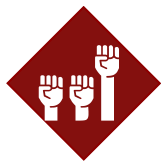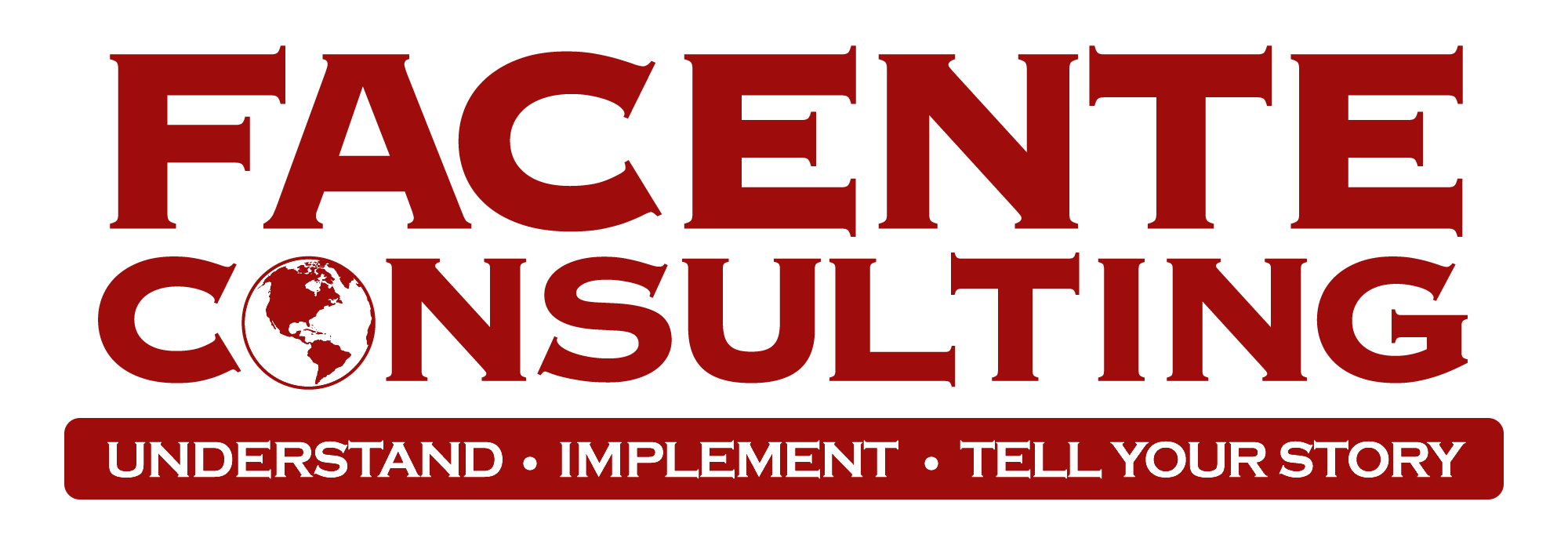Facente Consulting is a woman-owned consulting firm specializing in providing public health-related professional services to health departments, other government agencies, nonprofits, universities, coalitions, and collaborations. Our team is passionate about public health, values the wisdom of communities, and applies our wealth of skills and experience to advancing health equity for people affected by HIV and hepatitis C, people who use drugs, and other populations who have been most neglected and harmed by current and historical systems.
We are a mission-driven company. Watch this 2-minute introduction from our Founder to learn our origin story, along with our mission statement, vision statement, and values, which guide all of our work.
Vision
A world with unconditional health equity, where all people experience health and wellness
Mission
To support our clients to improve health and wellness by helping them understand, implement, and tell their story
Values

Radical Helpfulness
We listen with humility, and are human-centered in our work and the design of our products. We pride ourselves on tailoring our work to client needs, and being nimble and solution-oriented.

Social Justice
We continuously work to dismantle racist and sexist structures and lift up oppressed voices. We recognize intersectionality and the complexities of the human beings we work with and for.

Collective Wisdom
We know we are most effective with more voices sharing wisdom. We center lived expertise in our work, and strive to create belonging in partnership with those impacted by our actions.

Health Equity
We focus on those most neglected and harmed by current and historical systems. We work to ensure our efforts don’t exacerbate existing inequities by most benefiting those who already have privilege.
Interested in learning more about what we do and what we stand for? Check out this 11-minute video of Dr. Facente speaking at the NACCHO 360 conference in Atlanta, GA in July 2022, about why ALL people who care about ending health inequities need to reframe their work around social determinants of health.
